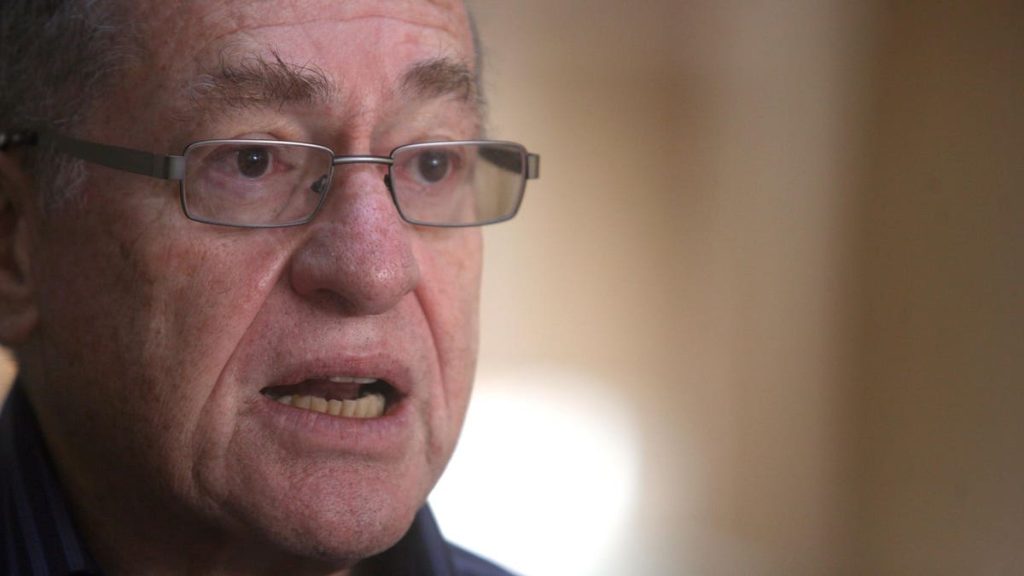“Republicans are now sweating quite a bit as a result of that revelation.”
While Alan Dershowitz says he would never vote for Trump, the famous civil liberties attorney has frequently defended the former president’s actions as being within the boundaries of the law. Too often, he argues, Trump’s opponents have weaponized the law for political purposes. He’s even written a book about it, called Get Trump.
When he first learned that Trump had been indicted by a federal grand jury for illegally retaining classified government documents and obstructing justice, he argued that the move was potentially “the most dangerous indictment in history,” enabling an incumbent president’s Justice Department to indict the leading candidate to defeat them. Moreover, he argued, the DOJ had gone forward with this unprecedented criminal prosecution on relatively weak grounds.
Now, he’s not so sure. Since reading the 49-page indictment, which was unsealed on Friday, Dershowitz says, “at least one part of it is somewhat stronger than I had initially believed it would be.” Specifically, the indictment cites a tape recording in which the president allegedly brags to an unnamed person about classified “secret information” in a document about Iran.
“You hear rustling in the papers and then he shows it to this unauthorized writer,” says Dershowitz. “What we don’t know from the tape is whether he shows it to him to read or just shows it to him kind of to show off and say, ‘See? I have this. I’m not going to let you read it but here it is.’”
Illegally sharing classified information goes beyond the charges related to Trump’s illegal possession of classified files at Mar-a-Lago—charges that Dershowitz says could also be applied to Joe Biden, Mike Pence and Hillary Clinton. Trump’s obstruction charges, stemming from an alleged failure to cooperate in returning the documents, are also not sufficient to warrant going after a political opponent. “When the government is trying to get you on a criminal charge, you’re entitled to play hardball,” says Dershowitz.
The tape recording, though, may put Trump’s actions closer to what he calls the “Richard Nixon standard.” Nixon was forced to resign by members of his own party after they were confronted with evidence that the 37th president of the United States had obstructed justice, paid bribes and destroyed evidence. If there is clear evidence that Donald Trump shared classified information with someone who was not supposed to see it, the jury doesn’t have to question a witness’s credibility or motive in testifying about what took place.
“Republicans are now sweating quite a bit as a result of that revelation,” says Dershowitz. What the president actually did as he was speaking those words on tape is what will determine the seriousness of the allegations. “The smoke isn’t coming out of the gun but the gun’s there.” Click on the video for more.
Read the full article here










